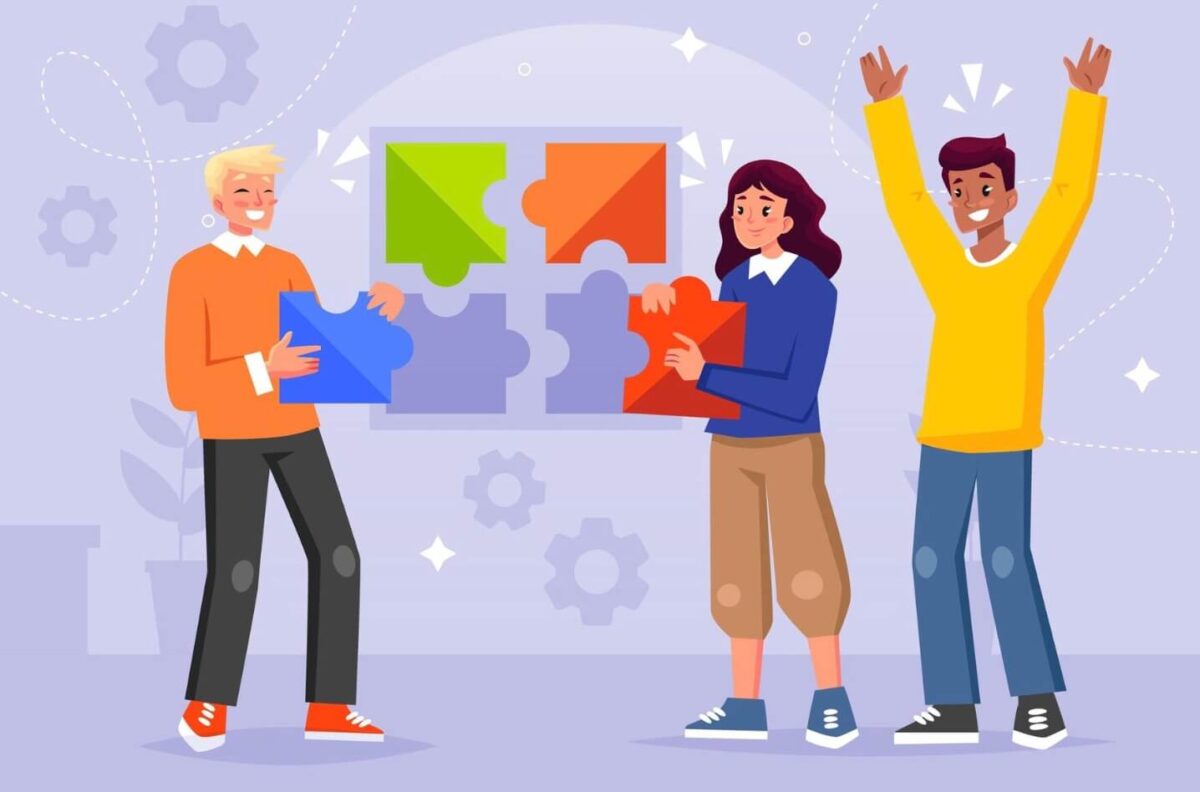5 Key Teaching Empathy Activities

Empathy is more than just an interpersonal skill; it’s an essential component for successful workplaces. Teaching empathy activities can help create stronger teams, encourage collaboration, and ultimately improve productivity. Research shows that empathy training enhances relationships within the workplace, which is crucial for businesses striving to be both competitive and supportive. Here, we explore five activities designed to cultivate empathy among teams, promoting a healthier work culture and driving results.
Why Empathy in the Workplace Matters
According to a study published in the Harvard Business Review, empathy can directly impact workplace productivity and employee engagement. The study emphasizes that when employees feel understood, they are more likely to stay motivated and committed to their work, which ultimately benefits the company’s bottom line. Another report by McKinsey further shows that empathy is a powerful tool in fostering trust and loyalty among employees, two essential factors in reducing turnover rates and enhancing team dynamics.
5 Teaching Empathy Activities to Boost Productivity
Here are five effective activities that can be integrated into any workplace, each designed to nurture empathy among team members.
1. Empathy Mapping
- Objective: Gain insight into colleagues’ experiences and emotions.
- Activity: Divide employees into groups and provide them with a scenario or persona (e.g., a customer facing a particular issue or a coworker with specific challenges). Team members map out what this person might be thinking, feeling, saying, and doing.
- Benefits: Empathy mapping enables employees to step into the shoes of others, helping them understand different perspectives and fostering a more supportive work environment.
2. Storytelling Circles
- Objective: Share personal stories to build connections.
- Activity: In a circle, employees take turns sharing a personal experience or story that impacted them. This activity should be facilitated by someone who can encourage openness and ensure a safe space.
- Benefits: Storytelling helps employees build rapport, understand one another’s backgrounds, and develop empathy through shared experiences, leading to stronger bonds and collaborative relationships.
3. Active Listening Exercises
- Objective: Improve listening skills to foster understanding.
- Activity: In pairs, one person speaks for three minutes while the other practices active listening, without interrupting or offering solutions. The listener then summarizes what was said to confirm their understanding.
- Benefits: Active listening strengthens communication, reduces misunderstandings, and helps employees feel valued, which can enhance overall team cohesion and productivity.
4. Role Reversal Exercises
- Objective: Experience a different job role for perspective-building.
- Activity: Have employees swap roles for a short period. For example, customer service reps could take on a sales role, and vice versa, to experience the challenges and perspectives of their peers.
- Benefits: Role reversal builds empathy for the challenges others face and often leads to a deeper appreciation and understanding of different roles within the company.
5. Feedback Shadowing
- Objective: Observe feedback sessions to understand constructive communication.
- Activity: Pair up employees and have one shadow the other during feedback sessions, observing how feedback is given and received. Afterward, they discuss observations and insights.
- Benefits: This exercise allows employees to learn from each other, improving feedback methods and enhancing empathy, which can increase overall team morale and productivity.
How Empathy Boosts Productivity in the Workplace
Empathy can enhance the workplace in measurable ways. Studies have shown that workplaces that foster empathy often see lower stress levels, improved employee satisfaction, and better productivity outcomes. According to Harvard Business Review, companies with high levels of empathy enjoy a more loyal workforce and a stronger ability to retain talent. McKinsey has also noted that companies prioritizing empathy in their culture often see better communication and innovation, as employees feel more connected and willing to share ideas.
Discover More with Empathable
At Empathable, we believe empathy is a vital skill for success in today’s work environment. We offer specialized programs designed by experts to foster empathy in businesses, non-profits, healthcare settings, and educational institutions. If you’re interested in implementing teaching empathy activities in your organization, our team of specialists is here to help create a supportive and high-performing culture.
Connect with us to learn more about how Empathable can make a difference in your workplace!
